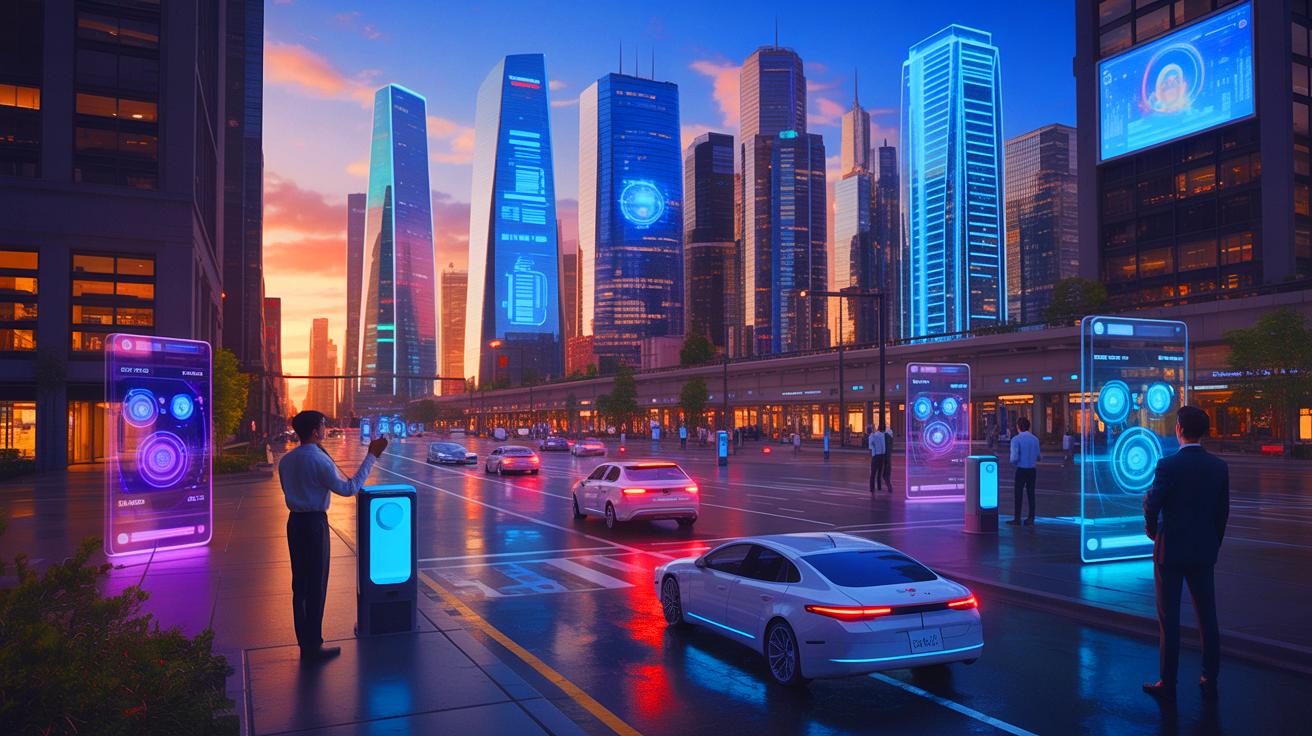| IN A NUTSHELL |
|
Artificial Intelligence (AI) has been a topic of both fascination and fear for decades. The question of whether AI will ever achieve a level of intelligence that mirrors human cognition is at the forefront of technological debates today. During a recent event, Nathan Myhrvold, a key figure in Microsoft’s early years and the current CEO of Intellectual Ventures, shared his insights on this topic. Myhrvold suggests that achieving human-level AI is just a few ‘miracles’ away, a statement that has sparked both excitement and skepticism within the tech community.
The Current State of AI Advancements
AI technology has made significant strides over the past few years, with companies like Microsoft, in collaboration with OpenAI, leading the charge. These advancements have brought us closer to a world where AI can perform tasks that once seemed exclusively human. Myhrvold pointed out that the ability of AI to create new abstract concepts and reason about them is what is currently lacking. Despite these gaps, the field is advancing rapidly, driven by substantial investments and a willingness to take calculated risks.
One of the pivotal moments in AI development was the decision by a small group at OpenAI and Microsoft to invest billions into AI research and development. This bold move was based on the belief that increased computing power could propel AI forward, a belief that seems to have been validated by recent progress. Myhrvold compares the current state of AI to the early days of the personal computer industry, suggesting that its potential is even greater and will require collective effort to fully realize.
Miracles Needed for Human-Level AI
Myhrvold’s comment about needing a few ‘miracles’ to achieve human-level AI is rooted in the complexities that still need to be addressed. The notion of miracles is not to imply the impossible but to highlight the extraordinary breakthroughs required. These breakthroughs involve not only technological advancements but also ethical and philosophical considerations. As AI systems become more advanced, they must be designed to understand and align with human values and contexts.
Moreover, Myhrvold emphasized the importance of application programming in harnessing AI’s potential. The ability to creatively apply AI to solve practical problems will be crucial in the coming years. While today’s AI can generate creative outputs like poetry, the real challenge lies in developing applications that can transform industries and enhance human capabilities in meaningful ways.
Historical Predictions and the Future of AI
Nathan Myhrvold’s track record in tech predictions lends credibility to his insights on AI. He has accurately predicted several technological trends, including the convergence of computers with consumer electronics and the rise of online video content. His foresight extends to the future of AI, where he sees a world with increased energy demands driven by data-intensive technologies.
One of the areas Myhrvold highlights is the role of next-generation nuclear power in meeting these energy needs. As AI and cloud computing grow, so does the demand for power. He suggests that innovative energy solutions, such as those developed by TerraPower, where he serves as vice chairman, will be vital. This intersection of technology, energy, and AI presents both challenges and opportunities for future innovation.
The Ethical Dimension of AI Development
With the rapid advancement of AI technologies, ethical considerations are becoming increasingly important. Myhrvold addresses the fears surrounding AI as potential overlords, comparing them to fictional villains like Sauron or the Night King. These narratives, while captivating, distract from the real issues at hand—namely, ensuring AI is developed to benefit humanity.
The ethical implications of AI extend to its potential applications, which range from enhancing productivity to posing security risks. Myhrvold stresses the importance of developing AI responsibly, considering both its capabilities and its limitations. The ongoing dialogue around AI ethics will play a critical role in shaping policies and guidelines that govern AI development and deployment.
The journey towards achieving human-level AI is both exciting and daunting, filled with challenges that require innovation, collaboration, and ethical consideration. As we edge closer to this reality, the question remains: How will we shape the future of AI to ensure it serves humanity’s best interests while addressing the ethical and practical challenges it presents?
Our author used artificial intelligence to enhance this article.
Did you like it? 4.4/5 (27)





